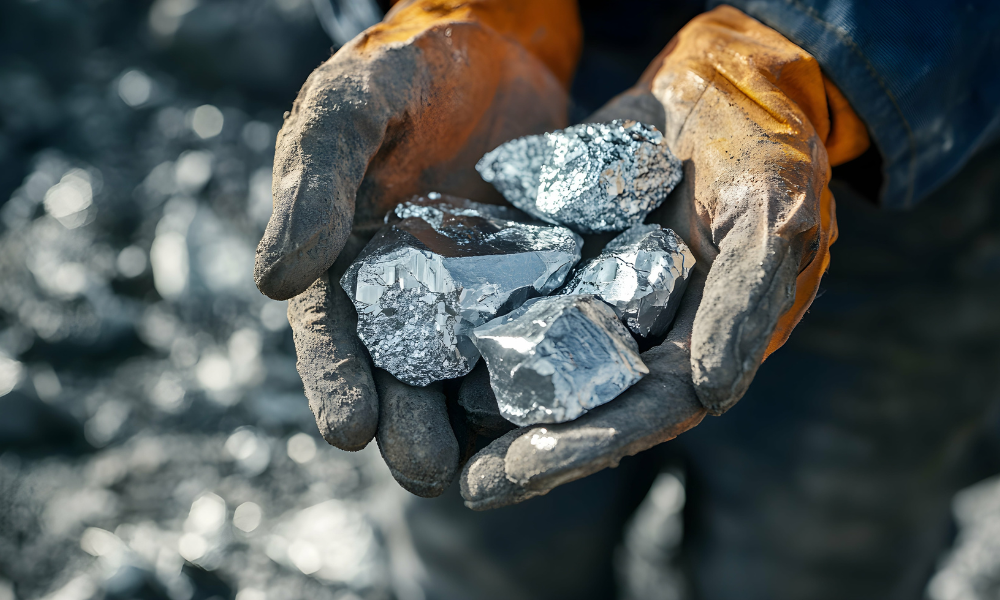Artificial intelligence is a key part of trends that could influence the mining and metals sector in the next 12-18 months, according to Deloitte’s “Tracking the trends 2025” report.
The report indicated that organizations must utilize precompetitive geoscience data and AI to improve efficiency and identify potential mineral exploration value chain targets in light of global metal shortages worldwide. Moreover, AI, digital twins, and predictive analytics can be applied at an enterprise scale to maximize processes, improve productivity, and facilitate informed decision-making across the value chain.
Mining and metal companies could also secure a future advantage by reskilling and upskilling workforces to use GenAI through a targeted program. Organizations may also need to install next-generation enterprise resource planning software, timing them with key business events to optimize return on investment. The report suggested that companies are in a better position for future growth by building a clean digital core and constructing reusable cloud assets.
Leadership trend
According to the report, leaders must be culturally competent to lead a diverse labour force and collaborate with communities to generate environmental and social value.
“Operating in today’s more complex environment requires leading through transformative change. While context is important and each company may face very different challenges, there are some key leadership traits that will likely be significant in the years ahead,” said Ian Sanders, Deloitte’s global mining and metals sector leader, in a statement.
Necessary leadership traits include inclusivity, respect for diverse viewpoints, openness to new technology, focus on workforce health and safety, and ability to navigate uncertainty. Organizations seek to establish leadership roles in new trade arrangements, capitalizing on incentives and alliances, and examining future scenarios as they balance supply chain risks with growth opportunities.
Sustainability trends
Energy and supply chain security and technological maturity have complicated meeting net-zero targets. Factors affecting the pace of net-zero achievement are access to finance, technological maturity, new business models for agility and resilience, and securing talent by emphasizing the mining and metals industry’s sustainability role.
Robust sustainability practices are key to maintaining a mining and metals company’s social operation license. The report recommends an environmental, social, and governance approach focusing on value generation, which can be better incorporated into business strategy. Improved diversity, equity, and inclusion efforts can generate benefits like cost-saving sustainable energy, community investments, and a bigger talent pool. Business models may need restructuring as companies transition towards natural capital accounting and integration of nature-based solutions.
Active portfolio management was also identified as a significant trend; this includes regularly reviewing the fit, cost, and strategic contribution of assets. According to the report, this requires senior-level buy-in.
The “Tracking the trends 2025” report is the 17th edition of the Deloitte report, the full version of which can be found here.





